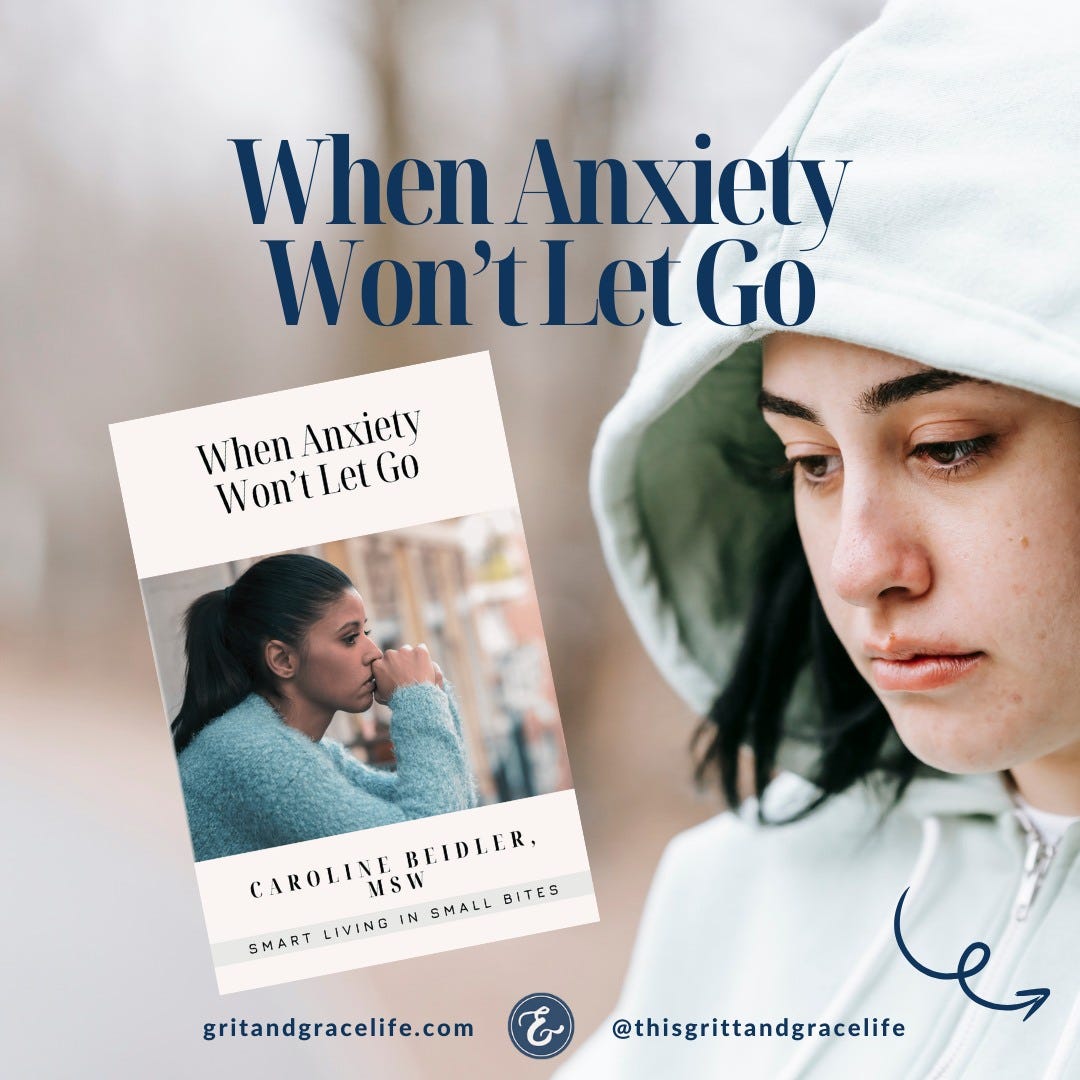We are supposed to have it all together, but let’s face it, we don’t.
Anxiety is something that happens because we are living in an anxiety-inducing world. Our primordial selves have the fight or flight responses kicking in because we are human. We are created to self-preserve. To endure.
When we are confronted with things that make us anxious [insert any of the latest natural disasters, wars, shootings, not to mention our own childhoods or traumas] some of us (most of us?) struggle with anxiety that can cause a number of physiological, emotional, and even spiritual responses.
Photo by Priscilla Du Preez on Unsplash
Instead of sharing what to do to support your anxiety, welcome to this mid-week reflection of what NOT to do.
Here are your 5 Don’ts:
1. Don't Ignore Your Feelings
Ignoring your anxiety won't make it disappear. Pretending everything is fine only allows the anxiety to fester and grow. Acknowledge your feelings and allow yourself to understand why you feel anxious.
This is a great new book on feeling emotions.
2. Don’t Isolate Yourself
If you are like me (at my unhealthiest), when the going gets tough, we isolate. Anxiety can also lead us to draw the blinds on the world. Instead, when anxiety strikes, reaching out for support and being around others can not only help you get out of your head, but it can bring a sense of calm and peace.
3. Don't Indulge in Caffeine and Sugar
Sorry to inform you (again) what your doctor may have already told you: too much coffee, caffeine, or sugar can make anxiety worse. This is unfortunate yet helpful news if your body is in overdrive and you need to invite some calm back into your body. Grab a nice decaf latte (minus the flavor syrup).
4. Don’t Avoid Physical Activity
My good friends know that movement is a key part of my recovery. I used to be a near-daily runner, but my 40-something knees are slowing me down. Even though I may not move as fast as I once did, moving (even a brisk walk) can be very therapeutic. There is research out there that shares that physical exercise may be as beneficial as some forms of medication for mental health. Wow, now that’s a reason to get moving.
5. Don’t Overload Your Schedule
I recently texted a friend: “I think I have a work problem.”
Can you relate? When I have a spare minute, sometimes my mind is planning the next project, book, article, or even (to my husband’s chagrin) the next house project. It’s like my default setting is overdrive. To help address anxiety, being intentional about slowing down and resting can help our minds and bodies relax.
My new fave book that’s helped me re-start a weekly rest practice is The Ruthless Elimination of Hurry by John Mark Comer.
Photo by Svitlana on Unsplash
BONUS Don’t:
Don’t Hesitate to Seek Help
When people ask me what one of the best things they can do for their mental health is, I tell them to see a therapist!
Counseling is an evidence-based way to reduce anxiety. There are numerous styles (CBT, DBT, Seeking Safety, Acceptance and Commitment Therapy, faith-based, and more). Make sure to vet your therapist, and you can “shop around” if someone isn’t jiving with you. I love (and have personally used) the Psychology Today website for locating a mental health provider in my area or who works virtually. On this database, you can search by challenges, interests, etc.… If there was a “dating app” for finding a therapist, this is it.
Reflection Time
What are some of the things you do to support your own anxiety and mental health?
Comment below to help support other members of the Circle of Chairs community.
Ask Caroline Q and A
I’d love to answer your questions about mental health, addiction recovery, trauma recovery, and everything in between. Click here to learn more. Your question may be featured in an upcoming letter or live Q&A, and you can also share your thoughts, expertise, and insights to support the Circle of Chairs community.
Would you like full access to the upcoming Mental Health and Recovery Series coming in November? Get 50% off a paid subscription to Circle of Chairs now to get all the perks of paid membership, including audio articles, live Q and As, and more. Offer ends Nov 1st!
Recommended Resources
Did you know that I’m collaborating with the Grit and Grace Project on an amazing new series called “Smart Living in Small Bites?” Learn more here.








I've been able to get a good hold on my anxiety by practicing meditation and breathing exercises daily. I also take mindfulness breaks and do an activity like coloring or stretching with some calming music. Attending daily recovery meetings and staying connected are also helpful.
In a rough anxiety spiral for almost two weeks now. Thank you for this.